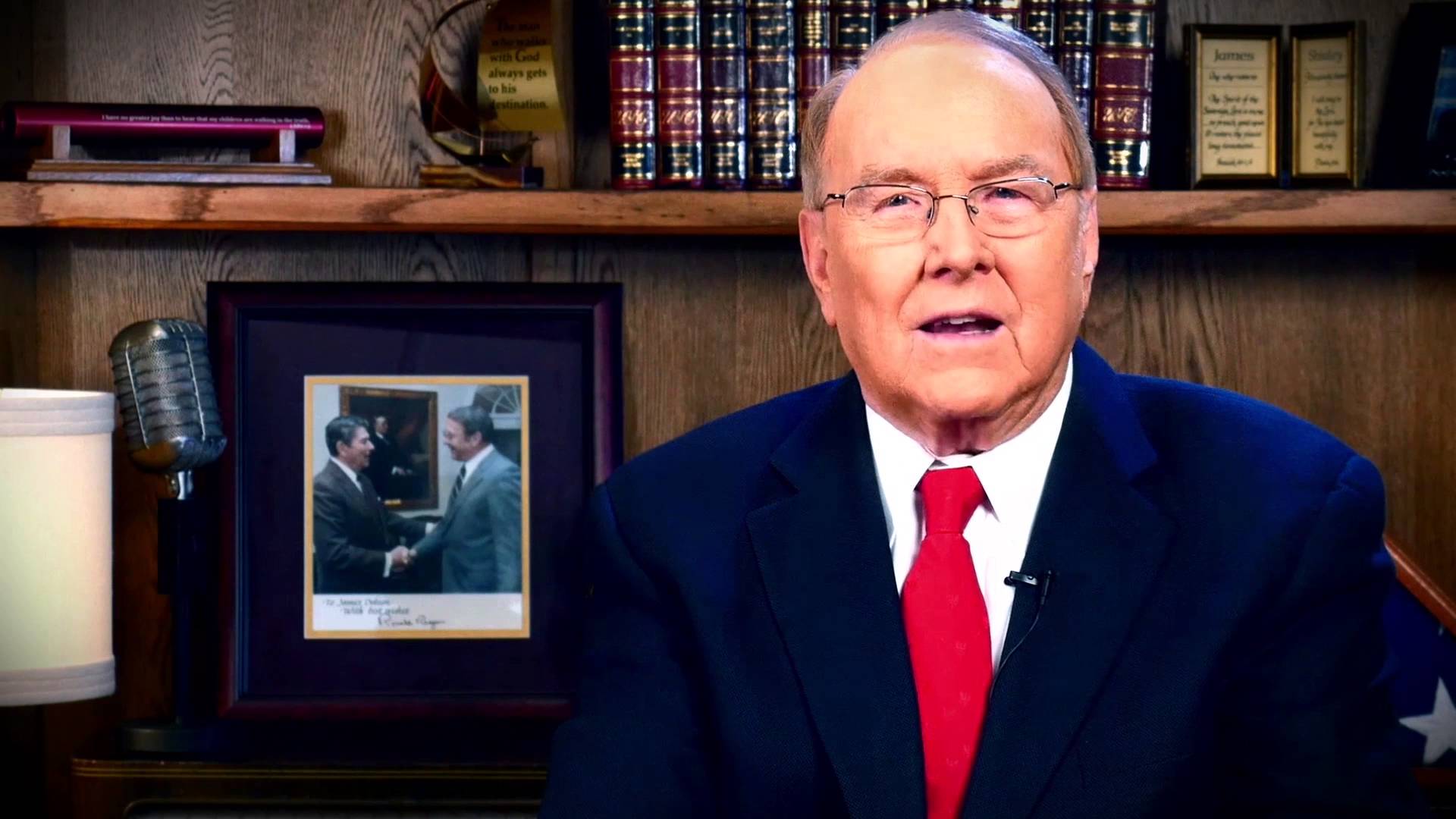Sen. Ted Cruz used his time at Alabama Sen. Jeff Sessions’ confirmation hearing yesterday to challenge the news media to report on the attorney general nominee’s role in the lynching prosecution of a Ku Klux Klan member in the 1980s.
According to Cruz, liberals are trying to cover up Sessions’ record in order to wrongly smear him as hostile to civil rights, when in reality he “helped send a klansman to death row.” Sessions himself has tried to emphasize his role, no matter how small, in civil rights cases, in an effort to avoid scrutiny for his well-documented record of opposing civil rights protections.
We accept Cruz’s challenge to cover Sessions’ role in the 1981 murder case.
Despite Cruz’s belief in a media cover-up, several outlets, including The Atlantic, looked into Sessions’ involvement in the prosecution and found that he embellished his record.
In fact, according to one attorney who worked on the case, Sessions, then a federal prosecutor in Alabama, allegedly tried to discourage him from pursuing it.
As Kenneth Lipp of The Daily Beast writes, Thomas Figures, a former assistant U.S. attorney in Alabama, testified at Sessions’ unsuccessful confirmation hearing for a federal judgeship in 1986 that Sessions attempted “to persuade me to discontinue pursuit of the case” and made statements “calculated to induce me to drop the case.” It was also at this time that Sessions reportedly told Figures that he only lost respect for the Ku Klux Klan after learning that members smoked marijuana.
Today Jeff Sessions claims credit for prosecuting a lynching by the Ku Klux Klan as proof that he is not a racist, but an attorney working for him claimed 30 years ago his boss wanted to drop the case.
Confirmation hearings will begin Tuesday for Donald Trump’s attorney general nominee, and they’re sure to include questions that were raised when he was nominated for a federal judgeship in 1986. His confirmation was derailed largely by the testimony of Thomas Figures, an assistant U.S. attorney in Alabama when Sessions was U.S. attorney.
Figures’s claims that Sessions made racist remarks have resurfaced recently, but overlooked is a more serious allegation that Sessions sought to go soft on investigating the lynching of a black man by two Klansmen.
…
Sessions and his supporters, then as now, defend his civil rights record based on several cases to which Figures was also assigned, including the conviction of Henry Hays for the 1981 murder by lynching of Michael Donald.
…
Sessions was questioned about the prosecution in 1986, days before Figures spoke to the committee, and told Senator Howell Heflin that he did not obstruct the investigation.
Figures said Sessions’s answer was “literally correct,” however, “in the early stages of the case, Mr. Sessions did attempt to persuade me to discontinue pursuit of the case,” calling it a waste of time and saying that “if the perpetrators were found, I would not be assigned to the case,” Figures testified.
“All of these statements were well calculated to induce me to drop the case,” Figures said, “on the other hand, none of them amounted to a direct order to drop the case.”
…
During the Donald case, Sessions allegedly told Figures and others he liked the Klan until he found out they smoked marijuana.
…
Figures didn’t take it lightly though, telling the committee that “whatever Mr. Sessions’ view of the Klan may be today, the remark that he made during the Donald case, indicating that he only objected the the Klan because of drug use by its members, was not made in a joking manner.”








